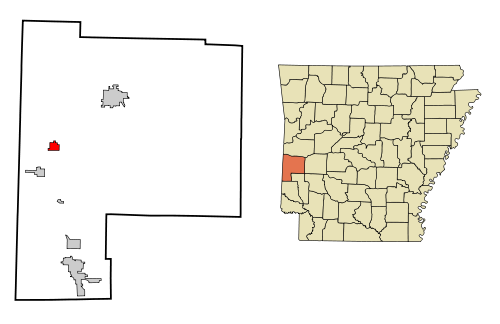LilRedMeanie
Regular Member
Yes. And this is the way it is in the vast majority of the country. For people who live "outside of town", that doesn't just mean outside the compact area, it means completely outside the town limits. For most American who live "in the country", the county is their first level of government.
Sorry if you don't like Wikipedia, but there's a good summary there.
http://en.wikipedia.org/wiki/Unincorporated_area#United_States
I can cite for you the figures for my hometown in Polk County, Arkansas. There are six incorporated municipalities in the county. The total area within all six city limits (combined) is 21 square miles, versus 862 square miles for the entire county. And what's within city limits isn't just "compact"; some of it is pretty darn rural.
The total population of the six municipalities is less than 8,000; the county population is over 20,000. Those 12,000 people don't live inside any city or town. Their first level of government is the county. They don't vote for a mayor or council or board, they vote for the sheriff, county judge, and justice of the peace. Those offices are the local government for them.
Here's the map. The gray or red areas are city limits (every municipality in Arkansas is a "city", no matter how small). All that white? Yeah, that's the part of the county with no city/town/municipal government.

Want another example from a completely different state? My wife is originally from Dubuque. Like all midwestern counties, Dubuque County is pretty large, with one metro area and a few small towns. The 21 municipalities take up 44.5 square miles of land, versus 617 square miles for the entire county. Total town population is 73,647, versus 92,359 for the county. Those 9,000 people who live "in the country" don't have any municipal government; they vote for sheriff, and the three at-large members of the county board of supervisors. That is their only local government.
Here's another map, same as above, but for Dubuque County Iowa:

This is how it is in the United States outside New England, New Jersey, and Delaware.
So when those people call up 911 and the operator asks them where they are, what do they say? "In the middle of ******* nowhere"?????? Lol..
